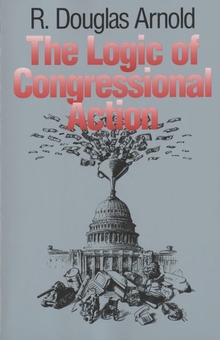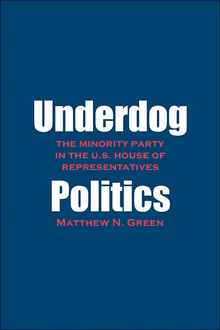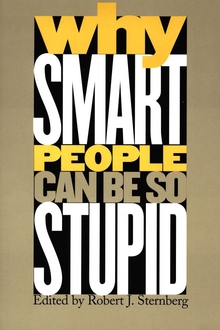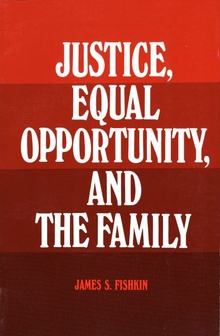The Logic of Congressional Action
WARNING
You are viewing an older version of the Yalebooks website. Please visit out new website with more updated information and a better user experience: https://www.yalebooks.com
R. Douglas Arnold
Congress regularly enacts laws that benefit particular groups or localities while imposing costs on everyone else. Sometimes, however, Congress breaks free of such parochial concerns and enacts bills that serve the general public, not just special interest groups. In this important and original book, R. Douglas Arnold offers a theory that explains not only why special interests frequently triumph but also why the general public sometimes wins. By showing how legislative leaders build coalitions for both types of programs, he illuminates recent legislative decisions in such areas as economic, tax, and energy policy.
Arnold's theory of policy making rests on a reinterpretation of the relationship between legislators' actions and their constituents' policy preferences. Most scholars explore the impact that citizens' existing policy preferences have on legislators' decisions. They ignore citizens who have no opinions because they assume that uninformed citizens cannot possibly affect legislators' choices. Arnold examines the influence of citizens' potential preferences, however, and argues that legislators also respond to these preferences in order to avoid future electoral problems. He shows how legislators estimate the political consequences of their voting decisions, taking into account both the existing preferences of attentive citizens and the potential preferences of inattentive citizens. He then analyzes how coalition leaders manipulate the legislative situation in order to make it attractive for legislators to support a general interest bill.
"An outstanding piece of work. This is the most important book of its kind since Mayhew's Congress: The Electoral Connection was published fifteen years ago. Arnold's work generates an abundance of fresh insights into legislative politics and expands and enriches our understanding of how the 'electoral connection' works. The book fills a serious gap in the theoretical literature on Congress, and it does so clearly, elegantly, and persuasively. It will immediately achieve the status of a book that every serious student of Congress and of public policy has to know."—Gary C. Jacobson, author of Money in Congressional Elections and coauthor of Strategy and Choice in Congressional Elections
"This will be one of the most influential books on Congress—and hence, on American politics—for the next ten years. It is a very sophisticated book by someone who understands politics and who has original, important things to say about the relationship between politicians and citizens."—Richard F. Fenno, Jr.
"No student of Congress can ignore this work. In the genre of rational-actor analysis, it presents the most interesting and textured account to date of congressional policy making."—David Mayhew
"Arnold's book is an academic rarity—theoretically illuminating, empirically grounded, easy to read, and highly original. It is a giant stride in the study of Congress."—Martha Derthick
"[Arnold] makes an excellent argument by drawing on several literatures and by chronicling events in the areas of economic, tax, and energy policy over the past several decades. . . . An excellent, comprehensive book on Congress."—Choice
"This reviewer has no hesitation asserting that The Logic of Congressional Action is one of the most important books on Congress published in the past decade and that it will be widely read and discussed in the decade ahead. Every serious student of Congress will become familiar with Arnold's argument and the book will be assigned in most every course on Congress. . . . A tour de force."—Thomas E. Mann, Congress & the Presidency
"An imaginative, insightful addition to congressional scholarship."—Daniel J. Reagan, Review of Politics
"This excellent and highly accessible book will become essential reading for those who wish to understand how Congress makes decisions. . . . It explicitly refutes those doomsayers who see congressional support for special interests and policy particularism as inevitable. . . . An outstanding book."—John E. Owens, American Politics Review
ISBN: 9780300056594
Publication Date: July 29, 1992
Publication Date: July 29, 1992
293 pages, 6.125 x 9.25








